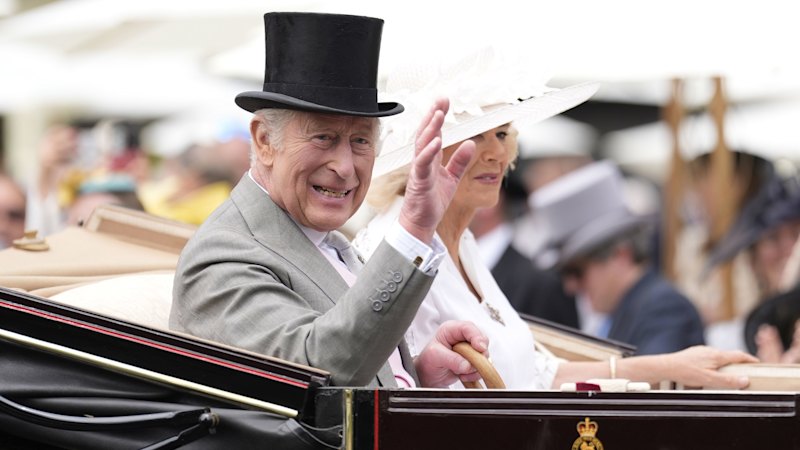
Language students in Britain are reportedly grappling with the complexities of English, particularly the word “sorry,” which carries multiple meanings. In Australia, this term is just one of many linguistic challenges faced by learners, who must navigate a rich and nuanced version of English. Experts argue that compared to British English, Australian English offers a layer of complexity that sets it apart.
Understanding the Nuances of Australian English
The Australian dialect is characterized by a variety of expressions and terms that can significantly alter meaning depending on context. A prime example is the word “mate,” which can range from a friendly greeting to a veiled threat. The term can be elongated for emphasis, as in the Australian Labor Party’s “maaaaaate,” indicating a serious political issue. In a more casual setting, “mate” might be used to politely ask someone to move aside, or as a friendly acknowledgment when someone finally does.
Additionally, the use of “mate” by a mechanic might signal an inflated charge due to perceived ignorance about cars. For instance, a mechanic could say, “That will be $2,497, mate,” only to reveal later that minor work was done, such as polishing the tyres. Such examples illustrate the intricate layers of meaning embedded in everyday Australian communication.
The variations don’t end with “mate.” In Australia, names are often shortened as a sign of familiarity or affection. Sharon becomes “Shaz,” Darren is “Daz,” and even the hard rock band ACDC is affectionately referred to as “Acca Dacca.” This shortening extends to other terms as well, with “barbecue” becoming “barbie” and “breakfast” morphing into “brekky.”
From Apologies to Affection: The Art of Australian Communication
The use of language in Australia also includes a unique approach to criticism and praise. The Great Australian Linguistic Deflator (GALD) is a concept that captures this tendency to downplay remarks. For example, a person who has committed serious wrongdoings might be described as “a bit ordinary in the husband stakes,” while a celebrated performer like Dame Joan Sutherland might be referred to as “not exactly a slouch when it came to belting out a tune.”
In Australia, brevity is often seen as a marker of success. Politicians and public figures are often given nicknames that reflect their standing. For instance, a successful prime minister may be called “Hawkie,” while an unsuccessful one, like Scott Morrison, retains his full name, indicating a lack of endearment from the public.
Even the word “sorry” carries its own complexities in Australian English. While British English uses “sorry” to communicate polite refusals, Australians tend to opt for a more straightforward response. Instead of expressing regret over declining an invitation, they might simply say, “Yeah nah,” reflecting a more direct and less formal approach.
In summary, the question of whether Australians possess the best version of English is met with a confident affirmation. The language’s unique characteristics, from its playful nicknames to the subtleties of common phrases, contribute to a vibrant and dynamic linguistic landscape. As language evolves, so too does the identity it shapes, and for Australians, this identity is deeply intertwined with their distinctive version of English.







